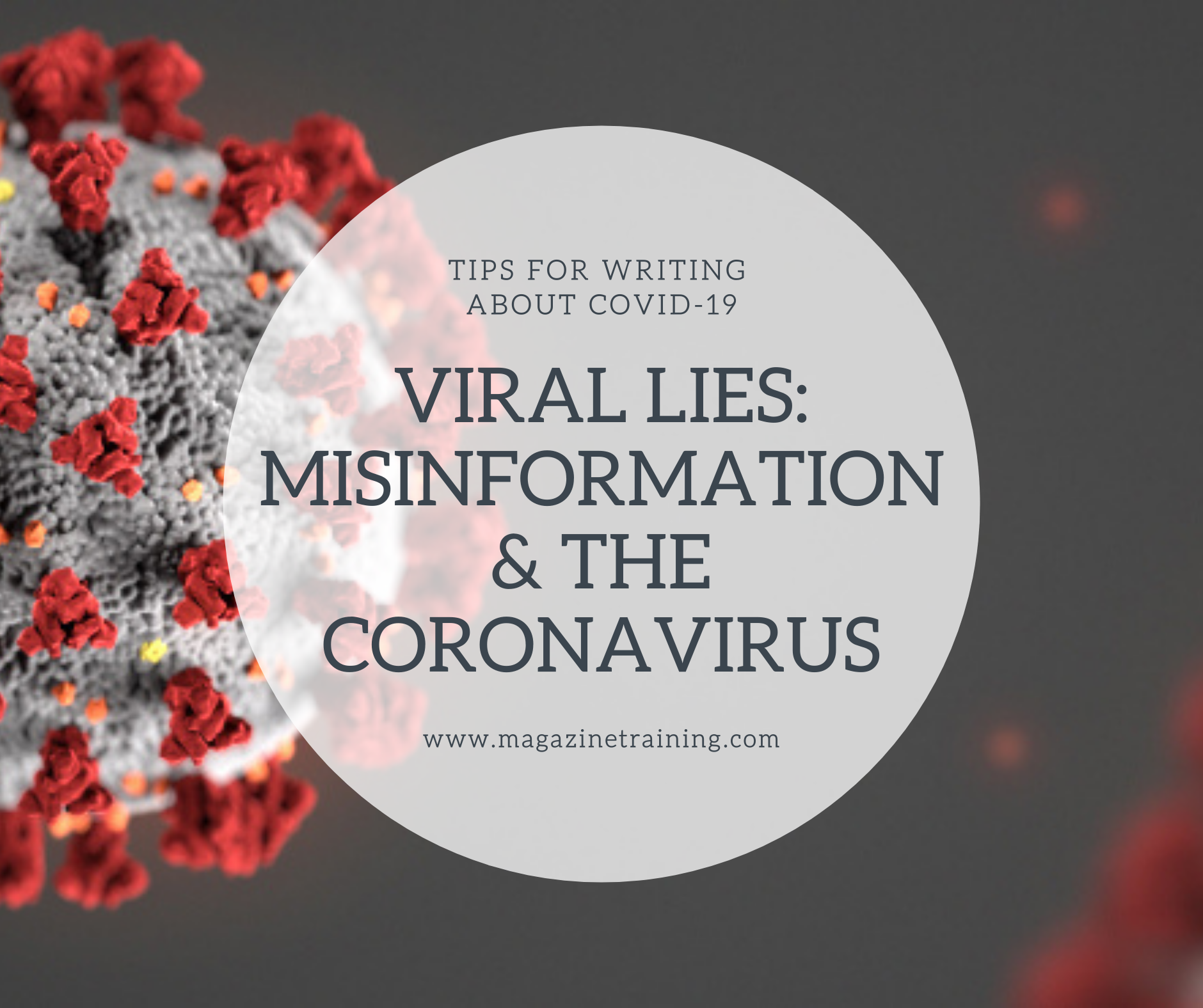
In February, the World Health Organization (WHO) raised concerns about an “infodemic” caused by a flood of false and misleading information about COVID-19. Social media posts advancing bogus cures, conspiracy theories, and inaccurate reports of the virus’s spread are viewed more often than information from authoritative sources. At times untruths creep into the reporting of traditional media outlets. In many instances, misinformation has diverted the attention of policymakers, fostered distrust in governments, and sowed confusion among the public.
The COVID-19 outbreak has also stoked fear, discrimination and intolerance in many parts of the world. Individuals and communities targeted with ‘hate speech’ worry that hateful rhetoric may be followed by discrimination or violence.
In their efforts to address these challenges, governments have at times embraced heavy-handed and counterproductive approaches. China’s attempt to stifle public reporting about COVID-19’s emergence impaired the initial response to the outbreak. Governments in Southeast Asia have relied on repressive legislation to arrest and charge those spreading supposedly false information about COVID-19. The Iranian authorities have arrested social media users posting about the virus while simultaneously suppressing information about the outbreak.
Independent journalism, citizen reporting, open public discourse and the free flow of information are indispensable in the global effort to counter COVID-19. Governments must develop policies and responses to the outbreak that embrace freedom of expression and access to information. Approaches to misinformation and ‘hate speech’ that rely on censorship and criminal sanctions should be replaced with those emphasizing transparency and media freedom.
The media and social media companies must also contribute to the fight against misinformation and ‘hate speech’ related to the COVID-19 crisis. Journalists should report accurately and without bias, investigate propaganda campaigns and official discrimination, and make sure there is the right of correction and reply. Social media companies should continue to work with the WHO and health authorities to promote dissemination of accurate, authoritative information about COVID-19. They should also ensure adverse actions taken against misinformation and hate speech are based on clear and easily understood policies and backed by due process guarantees.
By Article 19
Related posts
Magazine Training International’s mission is to encourage, strengthen, and provide training and resources to Christian magazine publishers as they seek to build the church and reach their societies for Christ.

